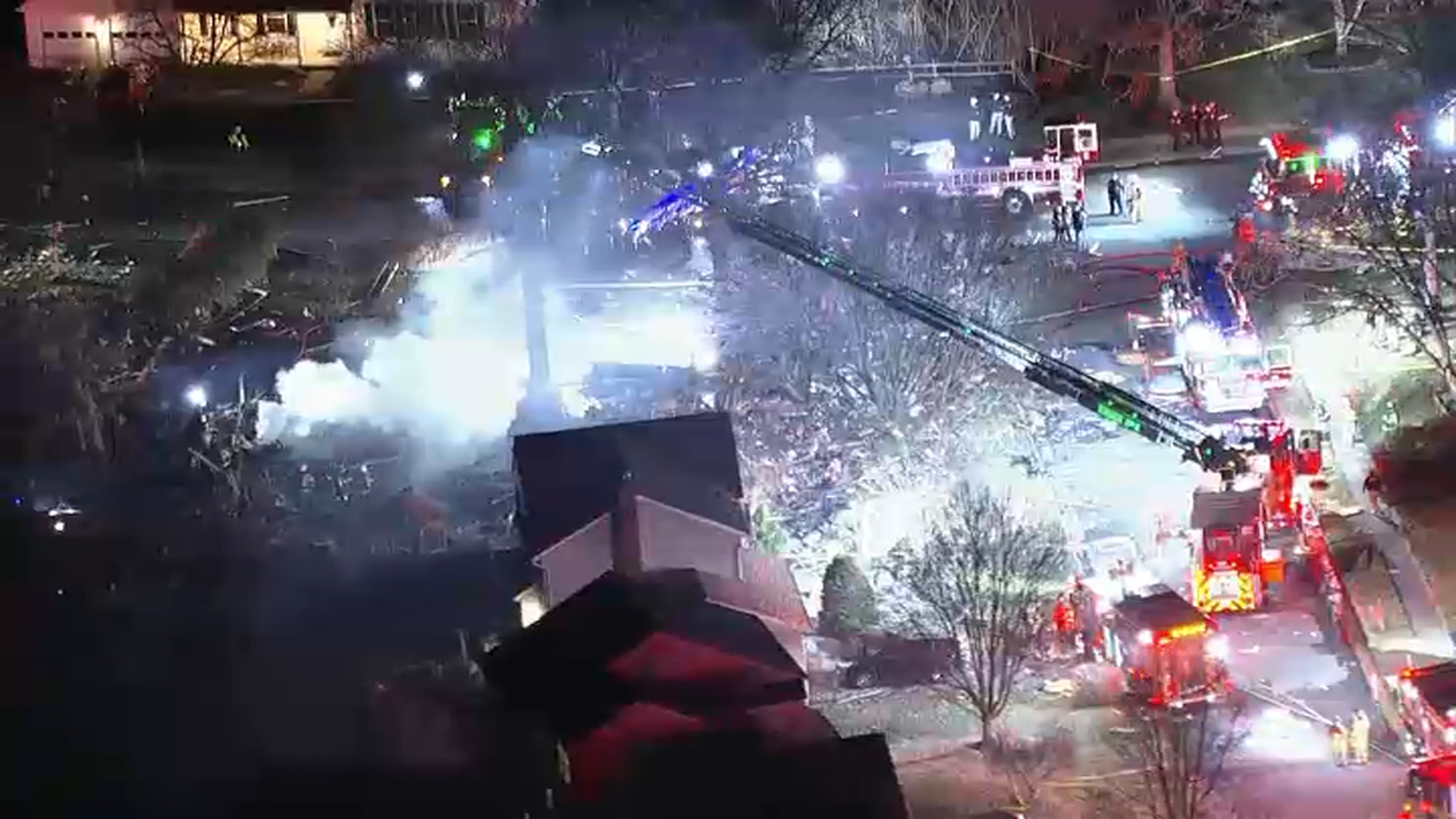Gas leaks are dangerous and unpredictable and while it rarely happens, they could lead to massive explosions.
A Maryland homeowner who uses propane to power her heat and water heater told News4 she’s never had a problem with her tanks but added, “I will always have my nose listening for that smell of cabbage.”
However, the recent propane tank explosion in Sterling, Virginia, certainly raised concerns among homeowners who have similar tanks and now wonder about the integrity of theirs.
“You can’t just set it and forget it,” said Holly Burgess, who works for the National Fire Protection Association, a nonprofit that sets the standards and codes for propane tanks. “Maintenance is key.”
We're making it easier for you to find stories that matter with our new newsletter — The 4Front. Sign up here and get news that is important for you to your inbox.
Experts like Burgess say propane is relatively safe to use, but homeowners should still look for signs of wear and tear on their tanks.
“So, what you’re looking at is, is there any sort of pitting in it?” Burgess said. “Is there any sort of rust?”
But Burgess warns that’s about all the visual inspection homeowners should do. The rest should be left to experts.
“You should have a local gas company that’s going to come out,” she said.
“They’re going to check for leaks and they’re going to follow everything that’s in that code,” she added.
According to the Propane Education and Research Council, aboveground tanks and underground tanks are relatively safe since they’re manufactured to government-approved standards. But periodic maintenance is necessary.
If tanks are leased from a propane supplier, that supplier is subject to compliance inspections regarding tank maintenance and will maintain that tank.
If a homeowner thinks there is a leak, the primary indicators are pungent odor and a hissing noise. However, a gas detector is another tool that alerts homeowners of a gas leak inside.
Natural gas is another option for homeowners to power their stoves, heat, dryers and water heaters, but just as with propane, maintenance of appliances is the key to keeping families safe.
Steve Himmelfarb of Washington Gas walked News4 through simple tips to follow, starting with a gas stove. He said the flame should be blue and steady
“If there are any wavering colors of yellow, it’s an indication that the appliance needs to be looked at by a professional,” he said.
Insulation wrapping a hot water tank could be a fire hazard and should be removed.
Also, make sure to replace or inspect HVAC filters monthly. Not doing so could result in clogs leading to fires and a buildup of carbon monoxide.
Regardless of whether using propane or natural gas to fuel a home, that rotten egg odor means get out immediately. Don’t bother shutting off lights or appliances and don’t even use a cellphone until outside. Just by turning the lights on or off could trigger an explosion.
Sign up for our Breaking newsletter to get the most urgent news stories in your inbox.



